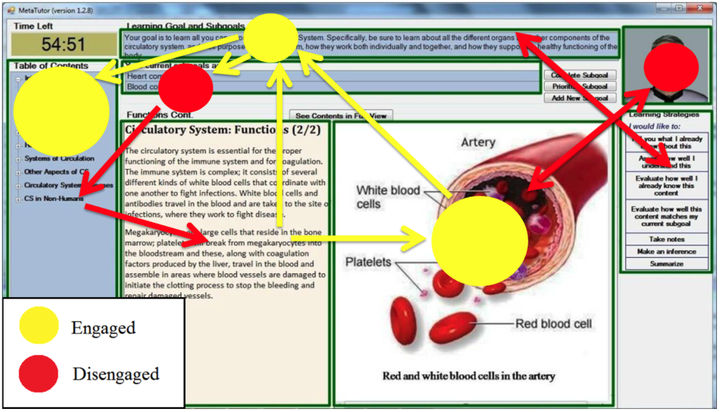Predicting Affect from Gaze Data During Interaction with an Intelligent Tutoring System

Abstract
In this paper we investigate the usefulness of eye tracking data for predicting emotions relevant to learning, specifically boredom and curiosity. The data was collected during a study with MetaTutor, an intelligent tutoring system (ITS) designed to promote the use of self-regulated learning strategies. We used a variety of machine learning and feature selection techniques to predict students’ self-reported emotions from gaze data features. We examined the optimal amount of interaction time needed to make predictions, as well as which features are most predictive of each emotion. The findings provide insight into how to detect when students disengage from MetaTutor.
Type
Publication
In Intelligent Tutoring Systems